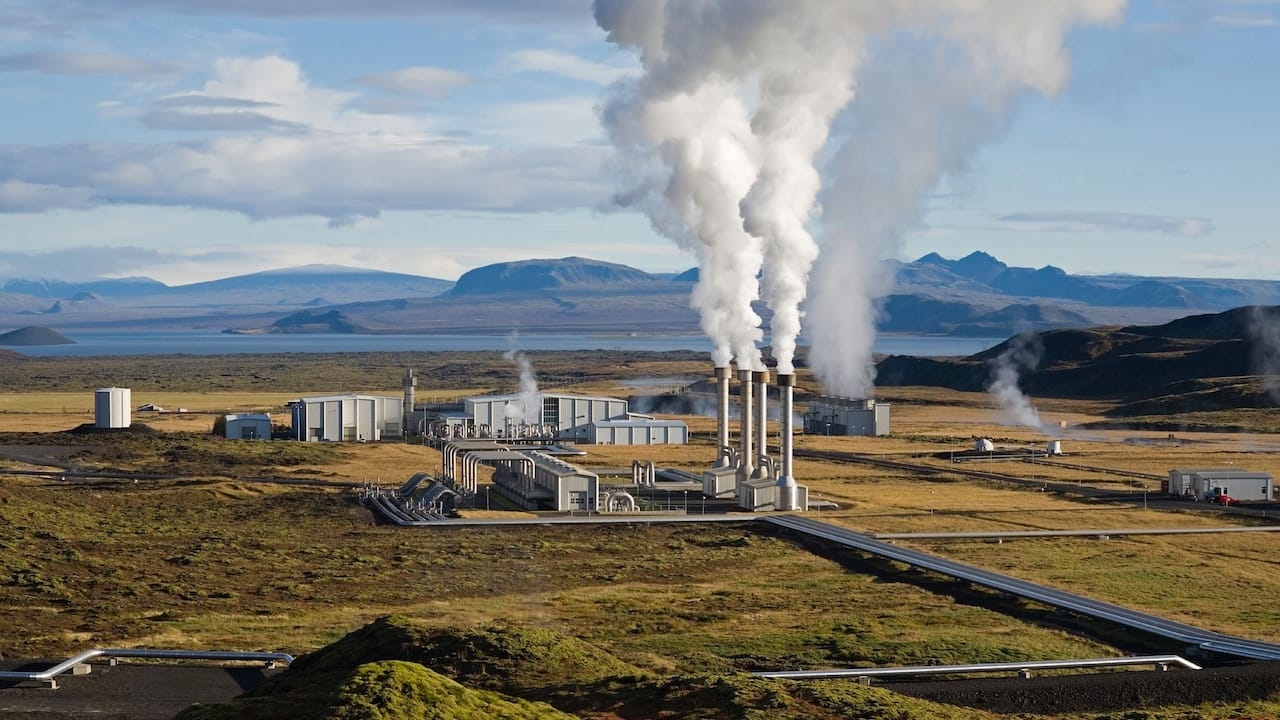What happened: Enhanced geothermal systems (EGS) could offer a viable pathway to firm, clean electricity in Canada, according to new research from the Cascade Institute.
The details: Geothermal is a low-carbon energy source that harnesses the Earth’s internal heat to generate electricity. Wells are drilled deep underground where water or working fluids heat up and are brought to the surface to drive turbines (or used directly for heating.
The report found that EGS could deliver electricity at a lower cost than a gas peaker plant or new nuclear generator in the four locations studied, and future innovation could cut costs by another 40-50% and be cost-competitive with utility solar + storage or some gas generators.
Why it matters: Enhanced geothermal could be a fusion energy-level bet: high energy density, doesn’t run out, near-zero emissions, and available 24/7. It’s the kind of stable energy required to complement variable renewables and make sure the lights are always on - typically only possible with nuclear or fossil fuels.
Tapping into this 24/7 power supply could replace fossil fuels in power generation, industrial heat, and district energy.
Path to scale: Enhanced geothermal requires the right mix of high-grade heat (or tapping into lower-grade heat) and permeable rock that allows the working fluid to flow and exchange heat.
Drilling tech is advancing - the fracking boom in the mid-2000s rapidly accelerated drilling technology - but more needs to be done to contend with the intense heat and pressure experienced deep underground.
Who’s working on it: US-based Fervo has become the standard-bearer for geothermal, and is working to solve the permeability problem by essentially “fracking” reservoirs into existence.
Calgary’s Eavor is taking a different approach, drilling horizontal wells and circulating a fluid to capture the heat like a radiator. The company is currently building a 8.2MW project in Germany where they’ll drill up to 4.5 km.
Yes, but: EGS is still in its early stages - there’s only about 16GW of geothermal power generation installed globally. The Cascade authors say its costs aren’t well understood and can vary depending on the local subsurface conditions, meaning the technology is often left out of energy system planning.
The bottom line: There are still technical hurdles to deploying geothermal for base-load power anywhere, but Cascade’s research shows that there is a huge amount of clean energy ready to be tapped into today.
Get up to speed on climate
Subscribe below to get the best climate news, events, job postings for Canadians.
